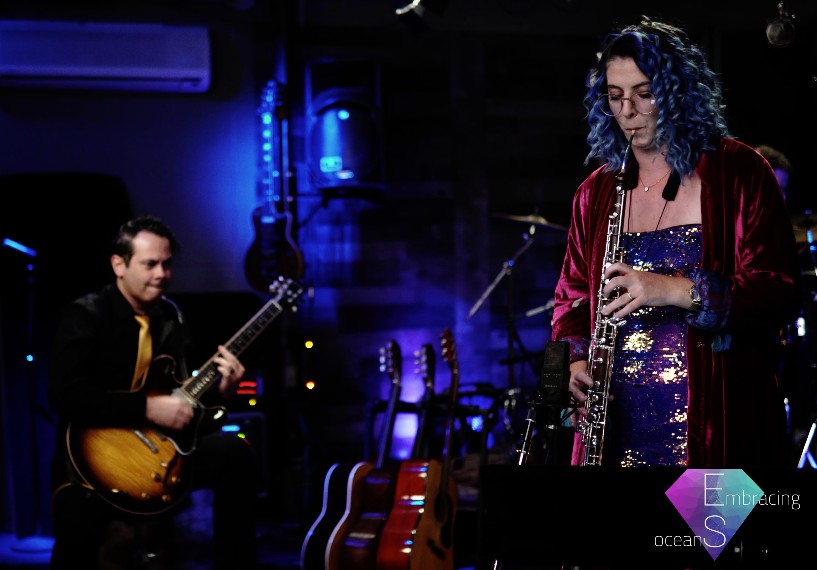We caught up with the brilliant and insightful Embracing Oceans a few weeks ago and have shared our conversation below.
Embracing Oceans, thanks for taking the time to share your stories with us today We’d love to hear the backstory behind a risk you’ve taken – whether big or small, walk us through what it was like and how it ultimately turned out.
The biggest risk we have taken is stepping out of our comfort zones individually and creating music together that encompasses all of our musical elements. We are from completely different backgrounds, Edi comes from a life of blues and rock, and I come from the world of orchestral classical. After university I was looking to expand my repertoire beyond classical with a mission to take the oboe and english horn into the contemporary world. Linking up with a rock guitarist was probably one of the most offbeat paths I could take. For Edi, the venture to gentler musical forms was graceful. He has this intuition and skill with how he approaches harmony that is apparent in his solo work. What was new for him was writing WITH someone else, so entering on this journey of musical identity with me was exciting but risky. The result? A successful partnership that combines poetic lyricism with complex harmonies and super rad english horn and guitar solos. Our upcoming single, Boogieman, really takes this to the next level.
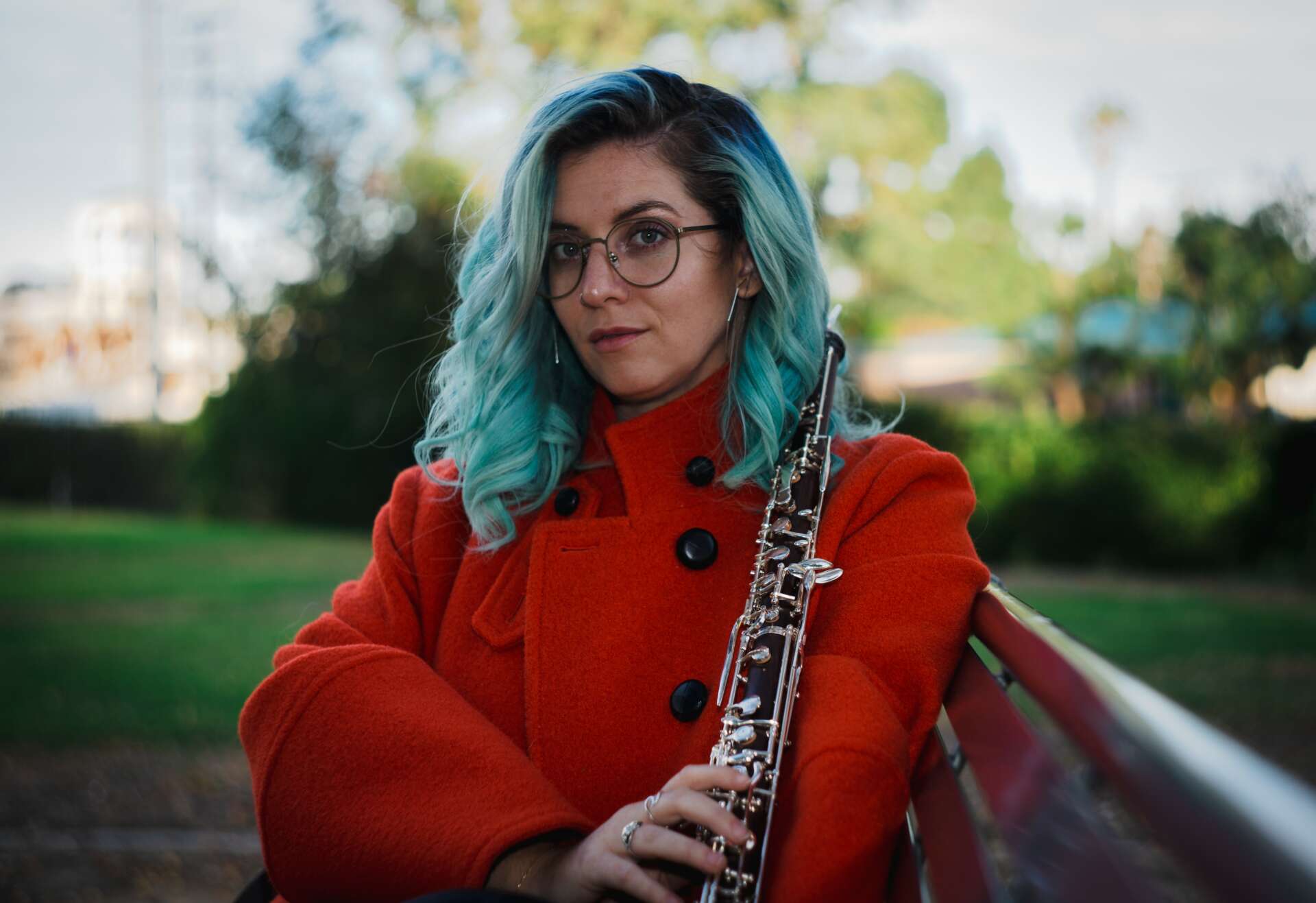
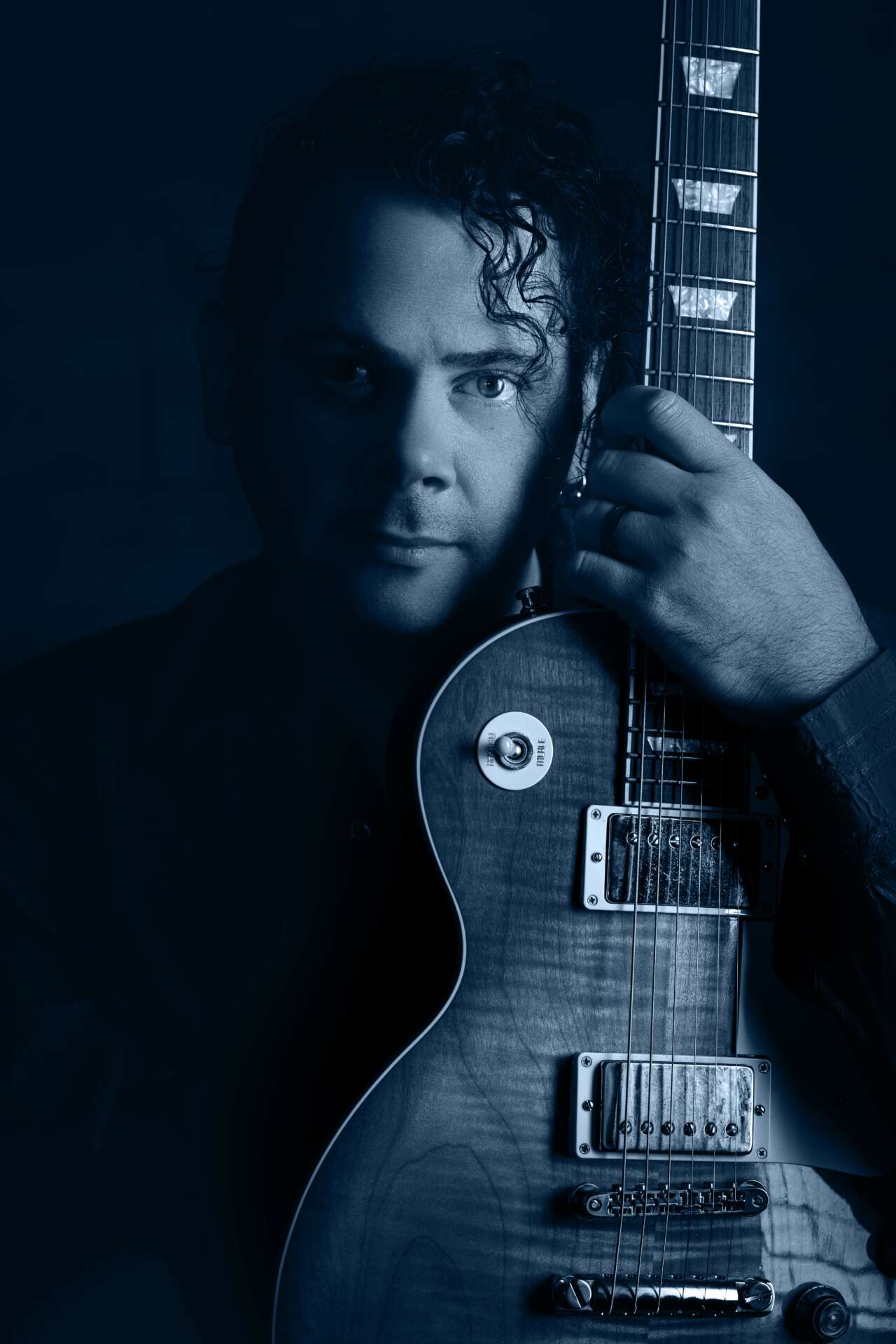
Awesome – so before we get into the rest of our questions, can you briefly introduce yourself to our readers.
We are a composing and recording duo from backgrounds of polarity. We have both been in the music industry from our teenage years and have individually developed careers. Our partnership began in 2019, so our duo career is quite fresh but extremely dynamic and strategic. Part of being a musician is being an entrepreneur and after years of doing that work separately, combing our entrepreneurial skills has really amplified our brand. Our last album partnered with the organization, Extraordinary Families, by donating proceeds of album sales and virtual concert to the organization. This ongoing relationship has developed into us teaching songwriting classes. Linking up in support of a local organization has brought immense reward through amplifying this organization and being part of something bigger than ourselves.
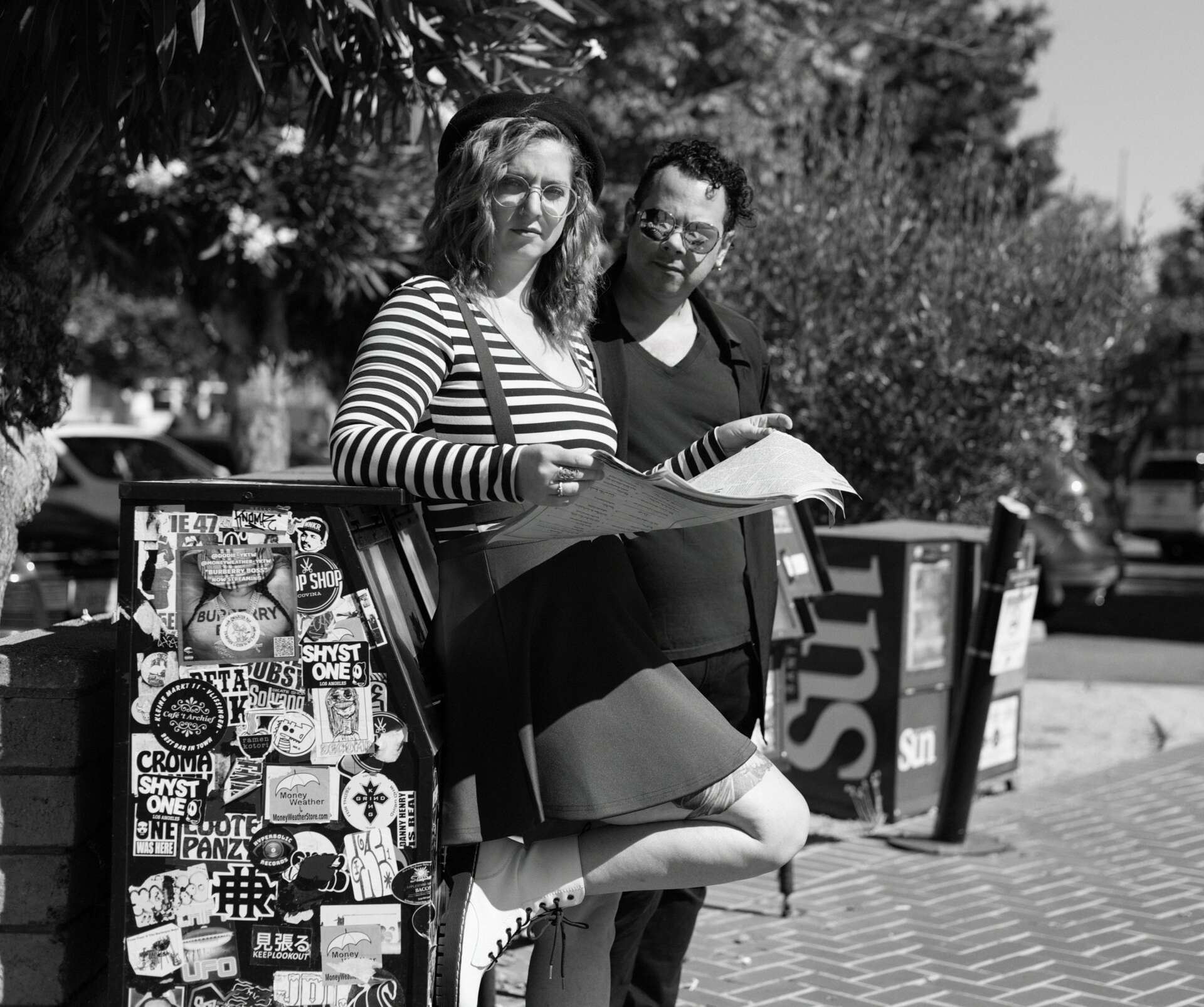
Do you think there is something that non-creatives might struggle to understand about your journey as a creative? Maybe you can shed some light?
The stereotype of a hobby being something you love to do has tainted the creative industry. Yes, we love music and making music but it is not hobby by any means whatsoever. It is hard work that took years of blood, sweat, and tears, to get to this level of musicianship. And ultimately, we want to be paid for the work we do as musicians, to make a living doing what we do. We practice our instruments for hours a day, to maintain our chops, learn music for gigs, and ever-expand our skill set. There is a lot of frustration in these practice session, yes, a lot of reward by the end, but the process was work. Key word is WORK. Learning a set of 50 songs for a gig or a book for a 3 hour opera is no hobby. We love doing that work just like any other profession should love the work they do. On another note, when you start playing as a kid with that dream of being a rockstar, you have no idea of the business that will take up the majority of your time as an independent creative. Building and maintaining your website, implementing point of sale, creating and distributing marketing materials, creating and building your brand on social media, and packing and disturbing merch; none of which is music making. So that “hobby” stereotype has tainted the creative industry and can feel very frustrating at times.
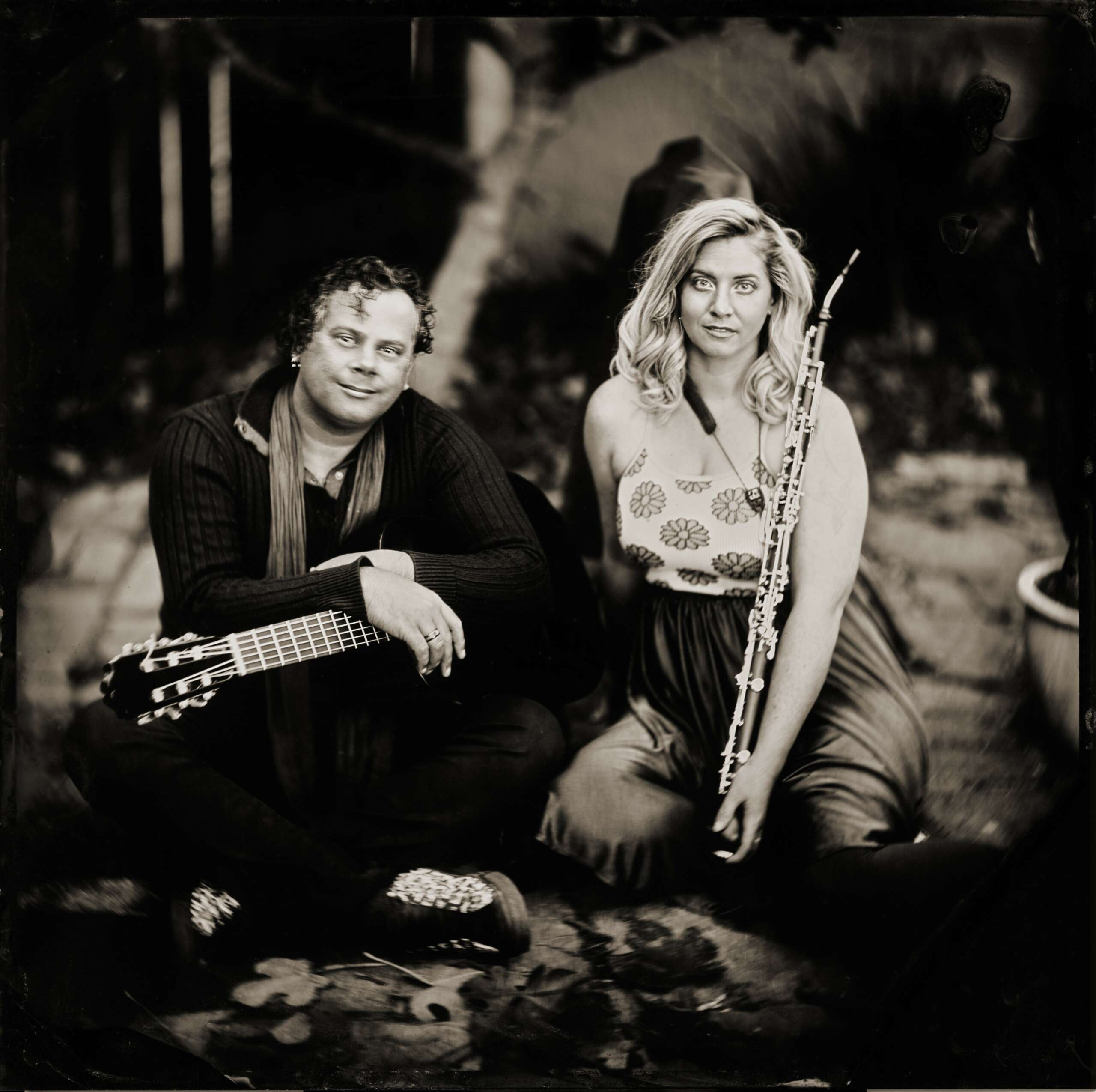
What can society do to ensure an environment that’s helpful to artists and creatives?
Well, we won’t bother discussing old ecosystems that were kind of artist renaissance, but rather expand on our previous point. The hobby mentality has bled into the monetization of the people’s art. The gig industry is a bit destroyed at the moment and the pay for gigs has gone down post-pandemic, with no end in sight. Venues have been paying less and less for live music and there is a pandemic of “someone will do it for cheaper or free”. That is a toxic environment for the working musician. We simply cannot do things for free and pay our bills. The societal unity that art and music should not be free is what this industry really needs right now. On top of that, streaming platforms have made it almost impossible for independent artists to monetize their music. The greatest help society can provide is, even though you may stream your favorite independent musicians, make sure you are following them on those platforms, adding them to playlists, and internally purchasing their music directly from them. Help amplify your favorite musicians on social media by tagging them in content you creative and more importantly use their sound clips on TikTok and Reels! Social media virality is the most powerful way to get your art discovered worldwide and it is in the fingertips of social media users.
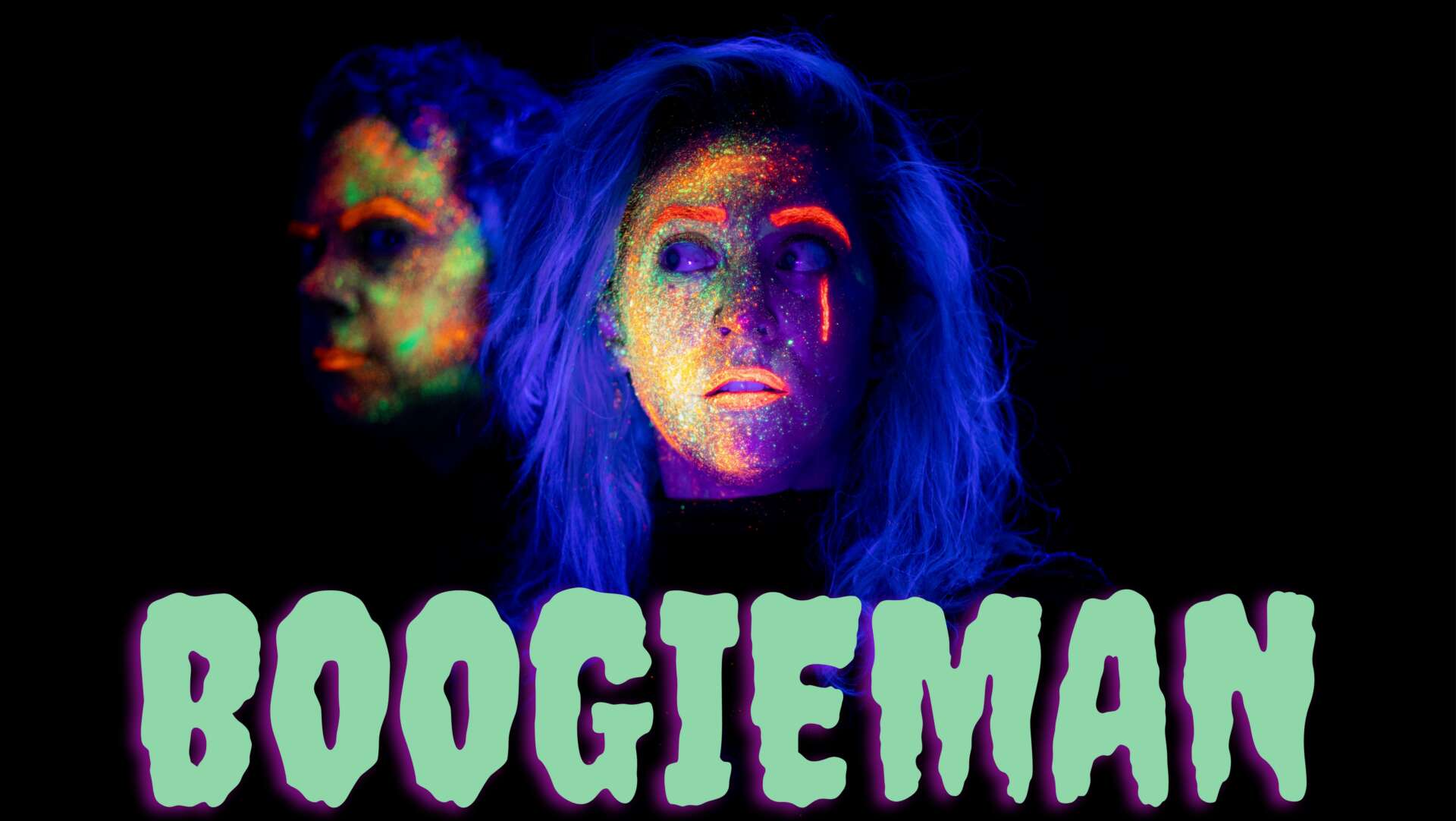
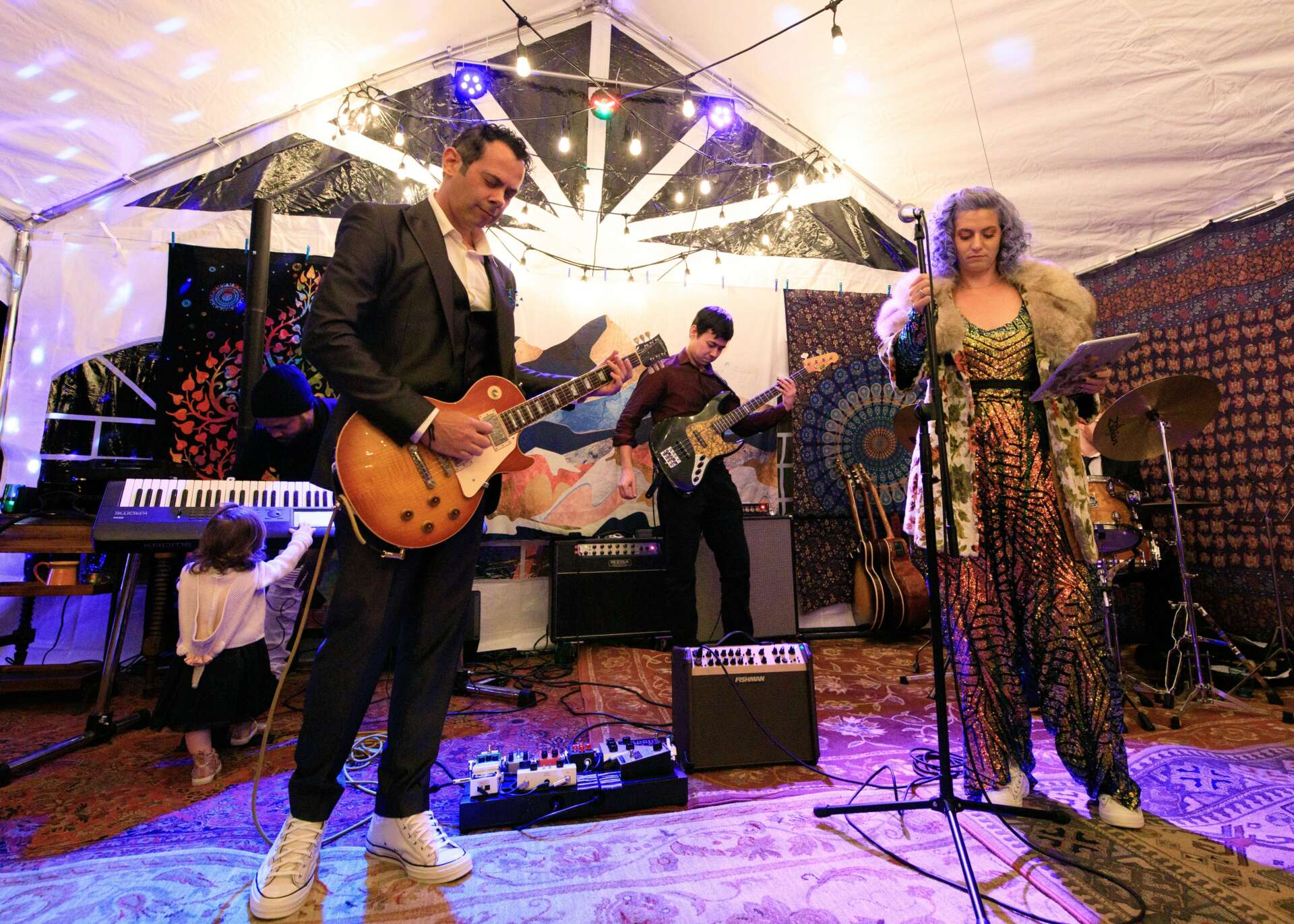
Contact Info:
- Website: https://www.embracingoceans.com
- Instagram: embracing_oceans
- Youtube: https://www.youtube.com/@embracingoceans
- Other: Spotify – https://spotify.link/92XoYPPCYDb Amazon Music – https://music.amazon.com/artists/B0BHW4K3RY?ref=dm_sh_ETTbhhFhWBKXW5OKdcoxn2Uq9 Apple Music – https://music.apple.com/us/artist/embracing-oceans/1649288171
Image Credits
Jeff Kober Eduardo Orelha


